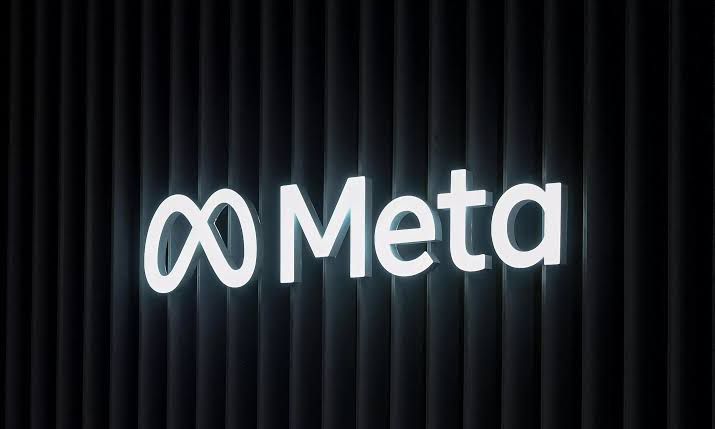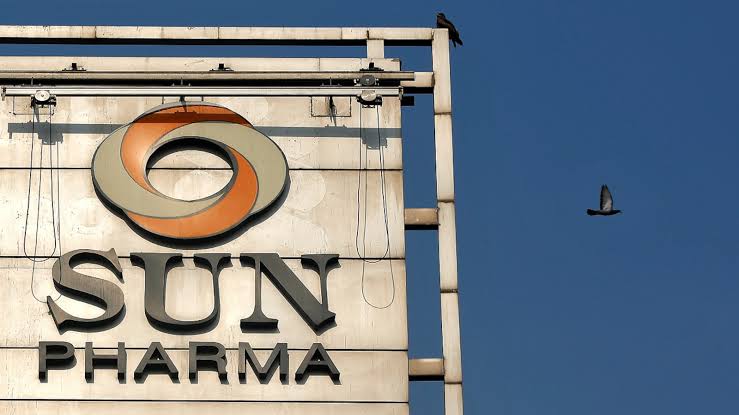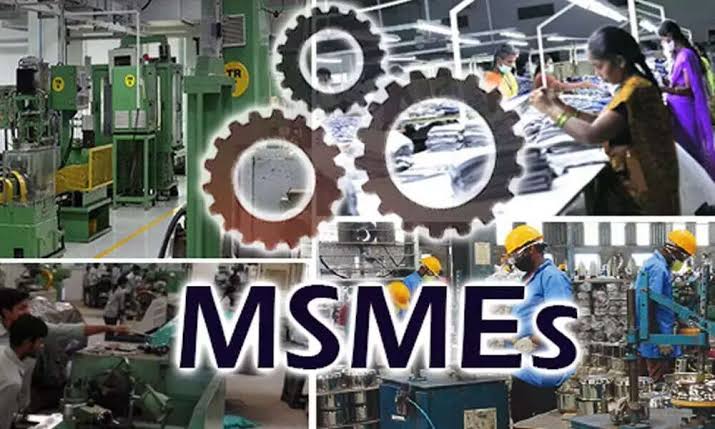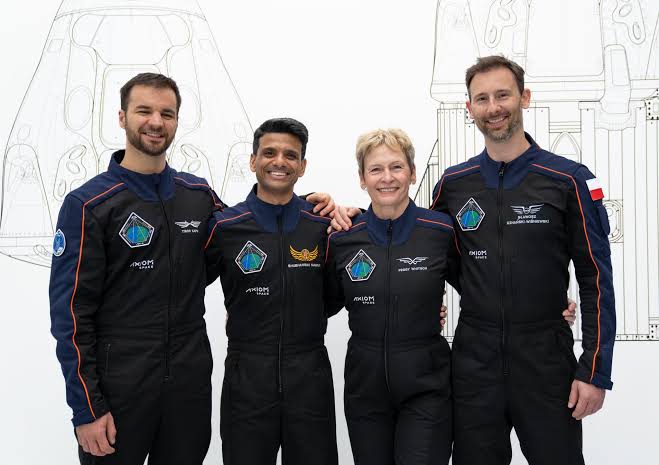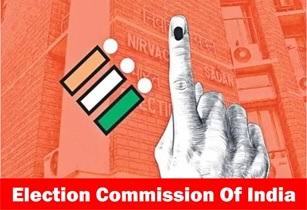 Image Source: The Kashmir Horizon
Image Source: The Kashmir Horizon
The Election Commission of India (ECI) has decided to conduct a thorough revision of the voters' roll in five states—Assam, Kerala, Puducherry, Tamil Nadu, and West Bengal—by the end of 2025, before they head to polls in their assemblies in 2026. The huge exercise follows a similar one undertaken in Bihar and is part of a nationwide drive to eliminate ineligible voters, especially illegal immigrants, and to make electoral rolls free from errors.
Key Highlights
States Included: Assam, Kerala, Puducherry, Tamil Nadu, and West Bengal will face the rigorous examination prior to the end of their assembly periods in May-June 2026.
Verification Process: Booth Level Officers or BLOs will conduct house-to-house verification to verify voter information, collect documents, and check for accuracy.
New Documentation Rules:
-
Those who are not on the 2003 roll, especially those born before July 1, 1987, must provide proof of birth and place of birth.
-
Those born between July 1, 1987, and December 2, 2004, must also submit parental documents.
-
A new declaration form is required for applicants applying for enrollment or transferring in from out-of-state to avoid illegal immigrants getting enrolled.
Reason for Revision: High rates of migration, rapid urbanization, large numbers of young voting-eligible citizens, non-reporting of fatalities, and foreign nationals included were the primary reasons for revision given by the EC.
Political Background: The action follows opposition accusations of rigging voters' lists and enrolling illegal aliens. The EC is adamant that the exercise will be in accordance with constitutional and legal provisions for the safeguarding of the integrity of the voters' roll.
National Rollout: Bihar is selected as the pilot state for this Special Intensive Revision (SIR) and the roll-out process would be finalized nationally to increase the credibility of Indian elections.
This record clean-up is designed to start to address longstanding issues regarding electoral roll accuracy and to build public confidence in the democratic process.
Source: India Today, Economic Times, Business Standard, Mid-Day
Advertisement
Advertisement



